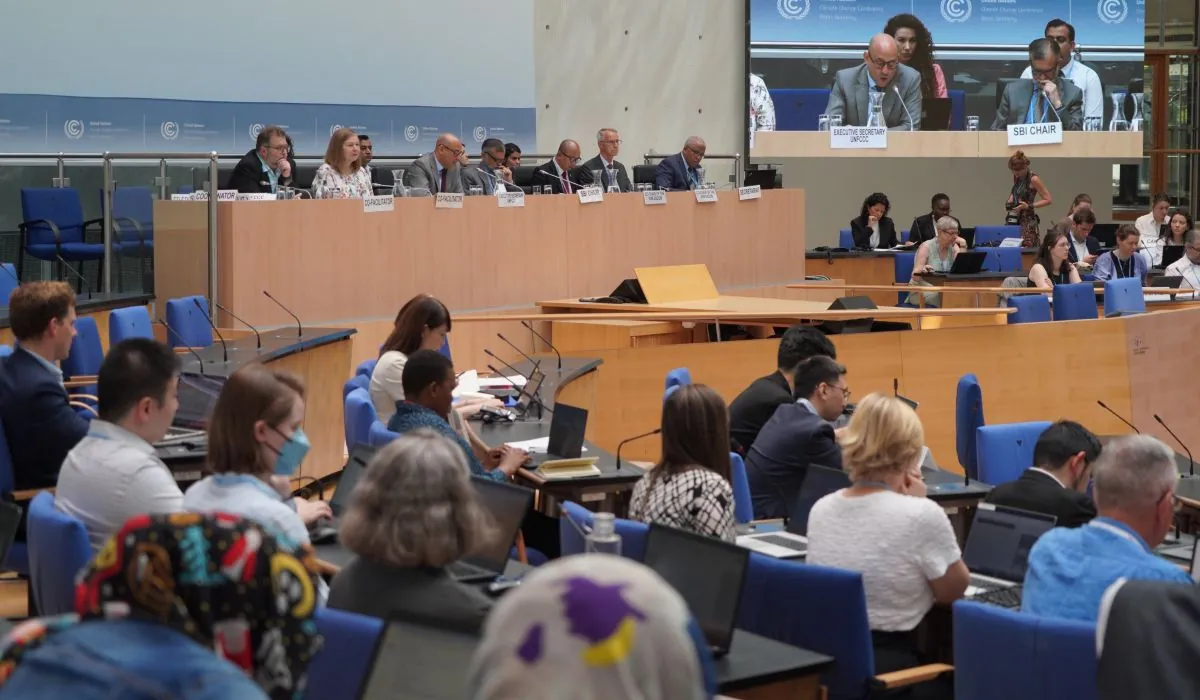African nations are gearing up to advocate for a substantial increase in their share of global climate financing at the upcoming United Nations Conference of Parties (COP) meetings. Currently, the continent receives less than 1% of the global climate funds, a figure that Alice Wahome, Kenya's minister for housing and urban development, describes as "a joke."
The 54 African countries have collectively developed strategies to address this disparity, which will be presented at a preparatory meeting for COP 29 in Ivory Coast next month. This gathering of African environment ministers aims to solidify the continent's position on climate finance ahead of the global conference.
The current allocation of climate financing to Africa falls significantly short of the continent's needs. While the global climate finance pool is estimated at just over $100 billion annually, African officials state that the continent requires investments of up to $1.3 trillion to effectively address climate challenges. This stark contrast highlights the urgent need for a more equitable distribution of resources.
The limited access to external funding has forced many African governments to divert portions of their national budgets towards climate adaptation measures. Raila Odinga, a Kenyan politician vying for the leadership of the African Union Commission in the upcoming 2025 election, emphasized that this additional expenditure comes at a time when numerous African economies are already grappling with debt issues.
To increase Africa's share of climate finance, Ali Mohamed, co-chair of the African group of climate negotiators, suggests improving access to existing global funds such as the Green Climate Fund and the Global Adaptation Fund. These funds, established under the United Nations Framework Convention on Climate Change (UNFCCC), are designed to support developing countries in their climate mitigation and adaptation efforts.
Some African nations are taking innovative approaches to attract more climate finance. Kenya, for instance, has enacted legislation to enable the issuance of sovereign green bonds. These financial instruments allow countries to raise funds specifically for environmentally friendly projects. Additionally, Kenya is exploring debt-for-climate swaps with development partners, which could provide debt relief while ensuring investment in climate initiatives.
"Kenya has enacted laws to allow for issuance of sovereign green bonds as a way of increasing its share of climate finance."
As African countries prepare to make their case at the COP meetings, it's crucial to recognize the continent's unique position in the global climate crisis. Despite contributing minimally to global greenhouse gas emissions, Africa faces disproportionate impacts from climate change. The push for increased climate financing is not just about equity, but about enabling the continent to adapt to and mitigate the effects of a changing climate effectively.
The upcoming negotiations represent a critical opportunity for African nations to secure the resources needed to implement robust climate strategies. As the global community works towards the goals set by the Paris Agreement, ensuring adequate support for Africa's climate efforts will be essential in the collective fight against climate change.
